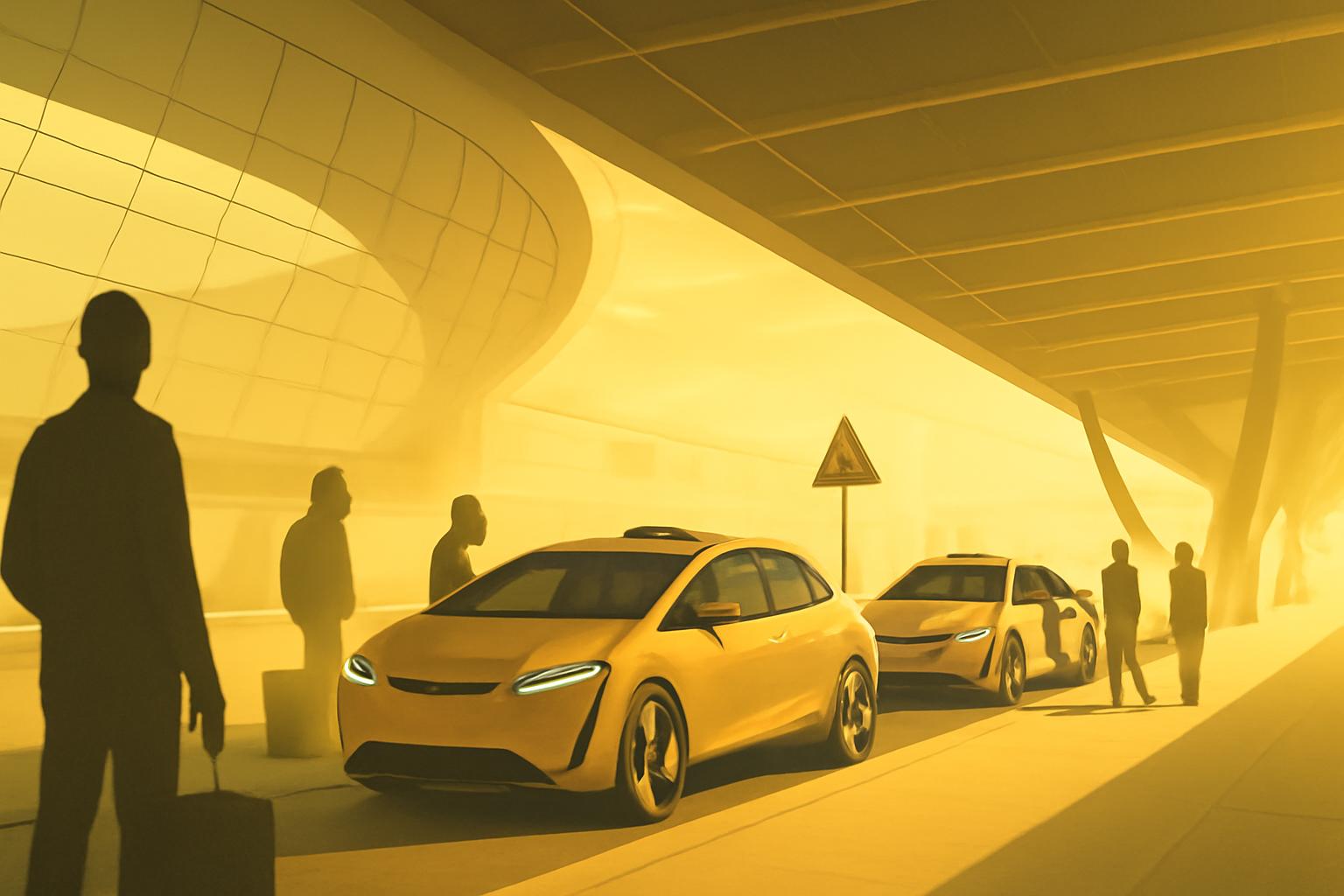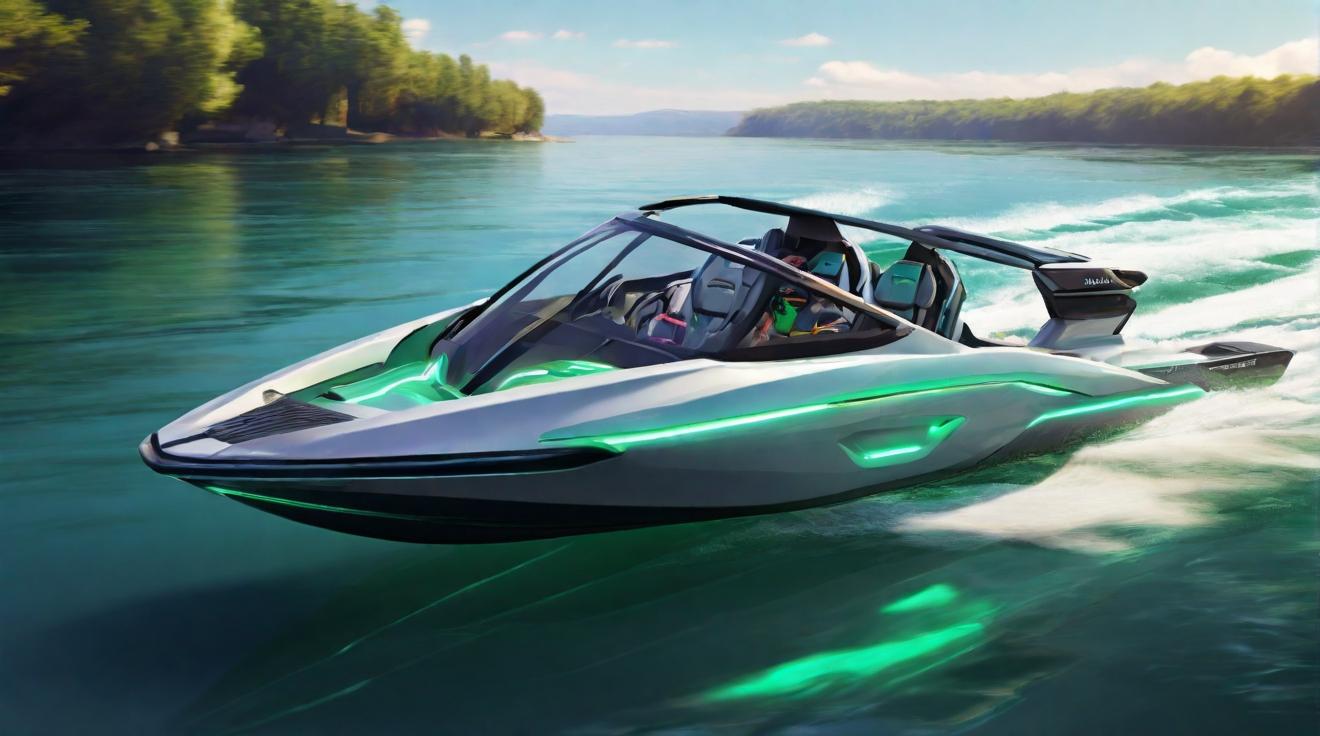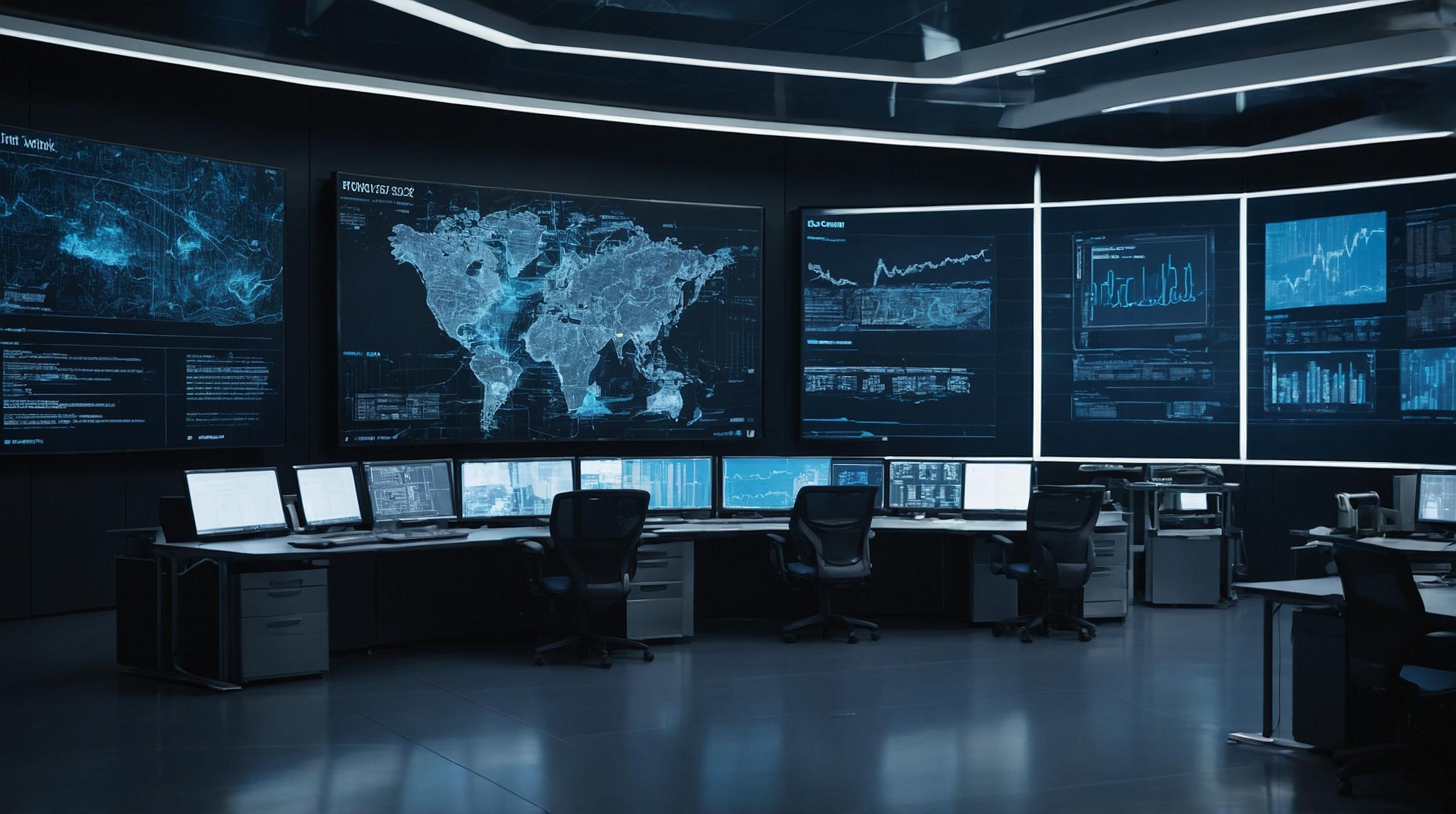Tesla Seeks Airport Permits to Expand Ride-Hailing Services in Silicon Valley
Tesla has approached the San Francisco, San Jose, and Oakland airports to explore obtaining permits that would allow it to operate a ride-hailing service at these key transportation hubs, according to sources cited by Politico. This move coincides with Tesla’s recent launch of a limited charter service in California in late July.
While representatives from the San Francisco and Oakland airports confirmed initial contact with Tesla, they indicated that formal meetings have yet to take place. The San Jose airport clarified that Tesla has inquired about the permit process but has not submitted any formal applications.
Currently, Tesla lacks the necessary permits to legally run a full-fledged ride-hailing or robotaxi service in California. Instead, the company operates a restricted charter service, which by regulation should not involve autonomous driving. However, videos have surfaced showing Tesla drivers utilizing the company’s Full Self-Driving (FSD) system in supervised mode during these rides. Tesla’s FSD (Supervised) is an advanced driver-assistance technology requiring constant driver attention rather than full autonomy.
Regulatory Hurdles in California
To scale its ride-hailing operations in California, Tesla must secure a permit from the California Public Utilities Commission (CPUC). If the service involves autonomous vehicles, additional approval from the California Department of Motor Vehicles (DMV) is required. This regulatory environment poses challenges, particularly as the DMV is actively attempting to prevent Tesla from selling vehicles in the state, citing overly ambitious claims about the capabilities of its self-driving technology.
Airports typically enforce strict regulations on new transportation providers, a trend evident from past conflicts involving ride-hailing giants Uber and Lyft. In recent years, airports have also become focal points for emerging autonomous vehicle services.
Competitive Context and Autonomous Vehicle Testing
Waymo, a leading autonomous vehicle company, has operated ride services at Phoenix’s Sky Harbor International Airport for about two years and recently received permission to extend similar services to San Jose Airport, with operations expected to commence later this year after testing concludes. Airports represent lucrative markets for such services due to high passenger volumes.
Tesla’s autonomous vehicle testing began with a small, invite-only robotaxi fleet in Austin, Texas, initially limited to around a dozen cars. The fleet has since expanded geographically within the Austin area to approximately 20 to 30 vehicles. Unlike California, Texas imposes less stringent transparency requirements on autonomous vehicle testing, making comprehensive performance assessments difficult. Although no major incidents have been reported, several operational challenges have been documented.
As Tesla pursues airport ride-hailing permits in California, the company faces both regulatory scrutiny and competition from established autonomous service providers. The outcome will be pivotal in determining Tesla’s role in the evolving landscape of autonomous and ride-hailing transportation services.
FinOracleAI — Market View
Tesla’s initiative to secure ride-hailing permits at major Silicon Valley airports signals an ambitious expansion into a high-traffic transportation niche. However, regulatory hurdles in California, particularly from the DMV and CPUC, present significant risks to rapid deployment. The competitive presence of established players like Waymo further intensifies market challenges.
Investors should monitor Tesla’s progress on permit approvals, regulatory responses, and operational safety data. Successful entry into airport ride-hailing could enhance Tesla’s service revenue and autonomous vehicle deployment, but setbacks may delay commercialization and impact market confidence.
Impact: neutral













